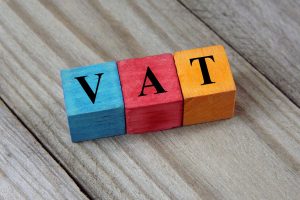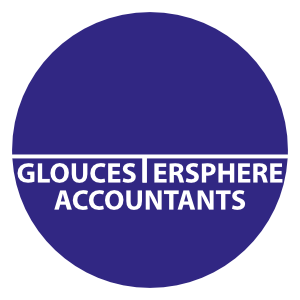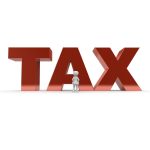
For most businesses, when your turnover exceeds a certain level you must register for VAT and charge VAT on all your sales. Certain businesses are exempt and therefore do not need to register.
If a business’ turnover does not exceed the threshold it can voluntarily register.
When do I need to register?
You currently need to register if your annual turnover exceeds £85,000. This is calculated on a 12 month rolling basis.
Should I register even if my turnover does not exceed the threshold?
You can register voluntarily which could be worthwhile doing so that you can claim back the VAT on your purchases.
You should consider who your customer/client is. If the business is selling to other VAT registered businesses, then they will be able to reclaim the VAT so you registering will have no impact on them.
On the other hand, if you are selling to individuals or non-VAT registered businesses they will not be able to claim back the VAT and therefore the cost to them will be higher than if you were not registered unless you drop your prices. However, if you are likely to exceed the threshold in the near future it might be worth registering when you start up the business so that the cost to your customers/clients does not increase when you do need to register.
Can all businesses register?
Yes, unless their only supplies are exempt (see later).
What if my business is late registering?
HMRC can impose a penalty which is a percentage of the VAT that was due from the date that you should have registered to the date you register.
What rate do I need to charge VAT at?
Most businesses charge VAT at 20%.
It can also be charged at 5% for things such as home energy, child’s car seats and certain building projects.
Some items are zero rated. This includes things such as most foods, children’s clothing and books/newspapers.
Some activities are exempt such as nursing homes, health services and insurance.
Are there any schemes?
Usually businesses account for VAT on a quarterly basis. The VAT due to be paid to HMRC is calculated as the output VAT (on sales) less the input VAT (on purchases). This is done on an invoice basis so you include an invoice on a VAT return based on the date of the invoice regardless of whether it has been paid yet or not.
There are various schemes which may be available to a business depending on their turnover which might be more beneficial than the standard scheme.
The main ones are:
Cash accounting scheme
This scheme means that the business accounts for the VAT on items at the time of purchase or sale. ie when you get or pay out the cash.
The advantage of this scheme is in terms of cashflow as you only pay the VAT over to HMRC when you have received the money yourself. On the other hand, you cannot claim back VAT on your purchases until you have paid for them. If you get a lot of items on credit this scheme might not be best for you.
You can join this scheme if your turnover is under £1.35 million per year.
Flat rate scheme
Under this scheme you apply a fixed percentage to your turnover and pay this sum over to HMRC, rather than calculating the VAT on each of your sales and purchases.
The flat rate percentage depends on the business sector that you are in eg architects are 14.5%, photographers are 11% and general building or construction services is 9.5%.
There is a 1% reduction to the standard flat rate if it is your first year as a VAT registered business.
You can only claim VAT on your purchases when it is a capital asset purchase of £2,000 or more.
The business will still charge your clients/customers VAT at 20%
From April 2017 HMRC introduced a new category for what they call ‘limited cost traders’. This is for businesses that spend less than 2% of their turnover on goods (not services). If your business falls under this category the appropriate percentage will be 16.5% regardless of what business sector you work in.
The business can join this scheme if it has turnover of less than £150,000 per year.
Monthly returns
If you usually receive a repayment each quarter from HMRC you can apply to prepare your returns on a monthly basis. This means that you get the refund back quicker.
So, should my business register?
The business will need to register if its sales exceed £85,000 in a 12 month period unless your business only makes exempt supplies.
Your business can voluntarily register if its sales are under £85,000. If you sell mainly to non-VAT registered businesses/individuals then it might not be worth you registering although this will depend on other factors such as how much VAT you can claim back on your purchases. If you sell mainly to VAT registered businesses, you probably should register.
Depending on the size and nature of your business it might be beneficial to join one of the schemes.
It is worthwhile speaking to an accountant before making the decision whether to register or join one of the schemes. If you would like to speak to us call us on 01452 260960 and we will be happy to help.
Links
HMRC’s website re: registration
Limited cost trader calculator – HMRC’s calculator to see if you are a Limited Cost trader for the flat rate scheme








